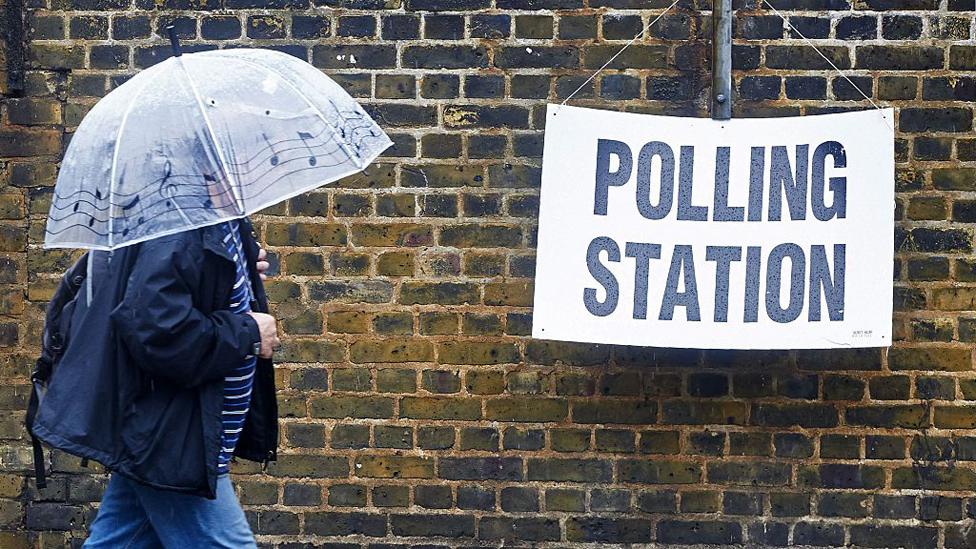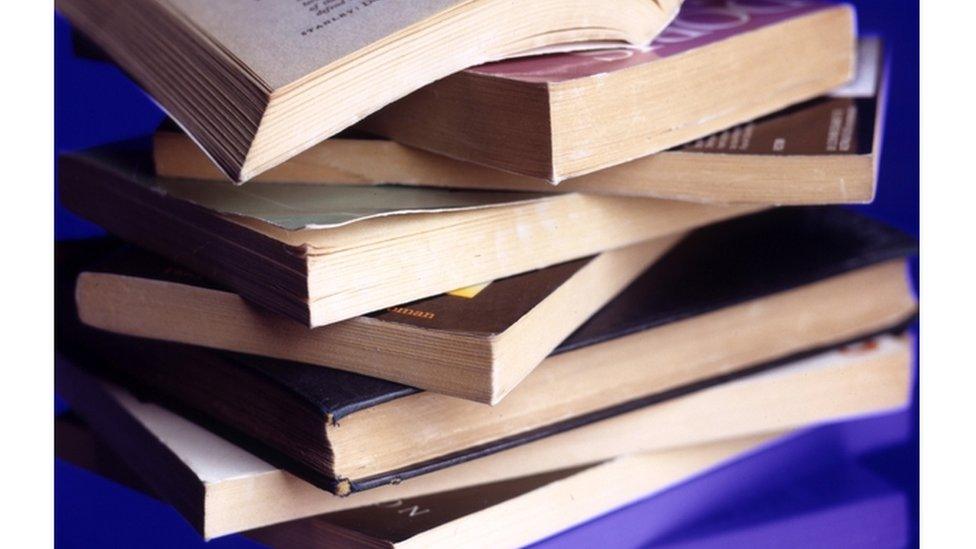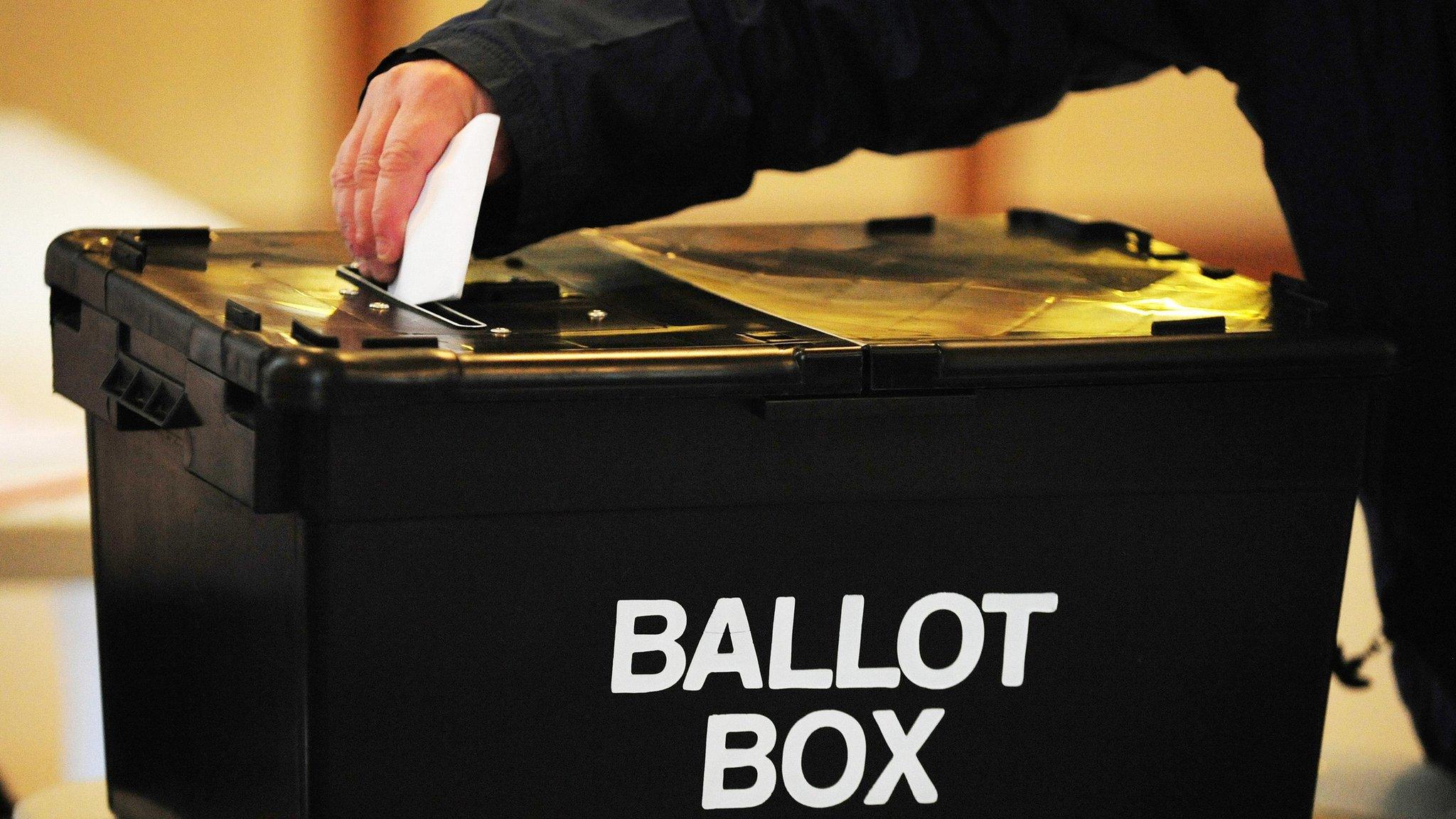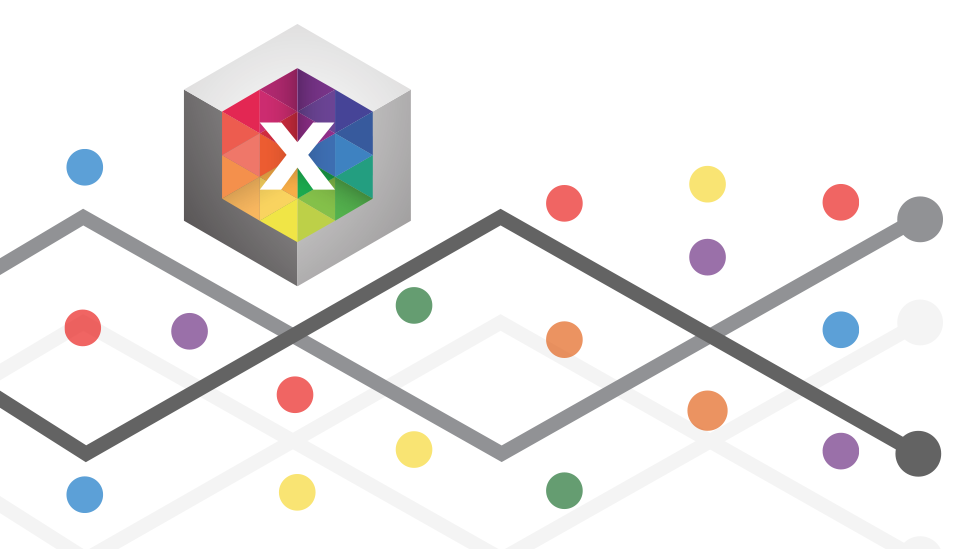Reality Check: Does the weather affect election turnout?
- Published

The argument seems to make sense. If on election day the weather is bad, people might well decide to stay at home rather than vote.
And with the weather turning wet and windy in the UK this week, it's an argument that you might have heard or read about.
But experts say there is no evidence from the UK to suggest that bad weather stops people from voting.
"There's basically no correlation between the weather and turnout," says Stephen Fisher an associate professor of political sociology at Oxford University.
Mr Fisher's research suggests people are more likely to vote if the election race is close and there is a strong difference between the two leading parties.
He points to the 2001 election, where turnout fell to 59%, the lowest since World War Two.
A comfortable Labour win had been expected. And, for some, Tony Blair was not sufficiently distinct from his Conservative rivals.
"In 2001 a lot of people saw New Labour as centrist," says Mr Fisher.
"They didn't see much difference ideologically, and it didn't really matter who they voted for."
But political parties' efforts to get people to vote can be effective.
"Having being contacted by a party worker makes a difference to turnout," says Mr Fisher.
Turnout has broadly been on a downward trend since its peak of 84% in 1950.
But since 2001, it has perked up a bit, to about 66% in 2010 and 2015.
David Cowling, senior visiting fellow at King's College London, says: "People have turned away from established political parties.
That was underlined by last year's referendum on European membership, he says, which attracted almost three million more voters than the general election of 2015.
"What it offered was motivation," says Mr Cowling.
"It gave a voice to people that thought they didn't have one."
2017 turnout?
So are people likely to vote in decent numbers on Thursday?
In 30 years of analysing elections, John Curtice, professor of politics at the University of Strathclyde, has learnt it is "absolutely impossible" to forecast turnout.
But he says the big difference between Labour and the Conservatives policies this time might spur people to vote, as well as the narrowing in the opinion polls as the campaign has developed.
Mr Fisher says: "I suspect turnout is likely to be higher because of the ideological divide."
Mr Cowling is keen to see whether talk of a "galvanised young electorate is really going to become reality".
That could boost overall turnout, as young people on average have lower turnout rates than older voters.
But Mr Cowling also warns that "for a lot of people this is an important election but an unnecessary one and that may not encourage a bigger turnout than last time".



- Published28 May 2017

- Published5 June 2017

- Published19 December 2017
